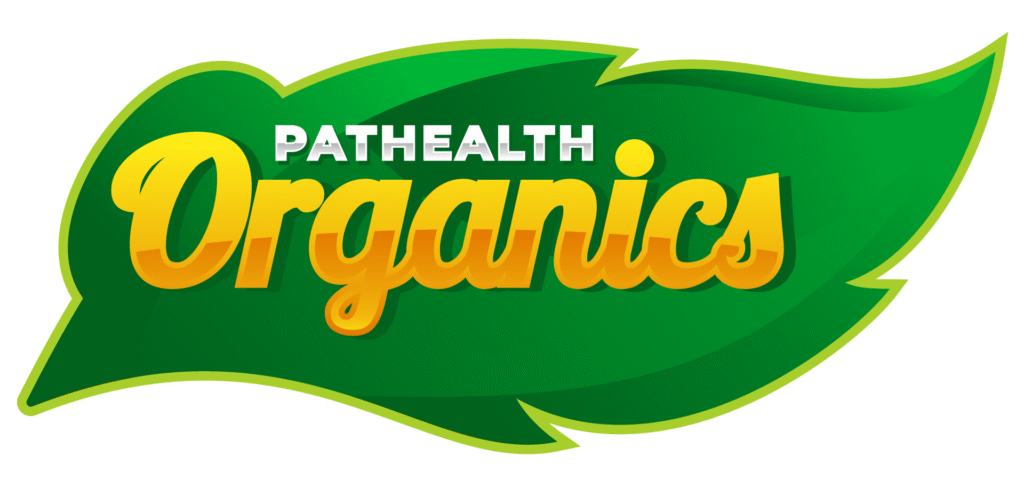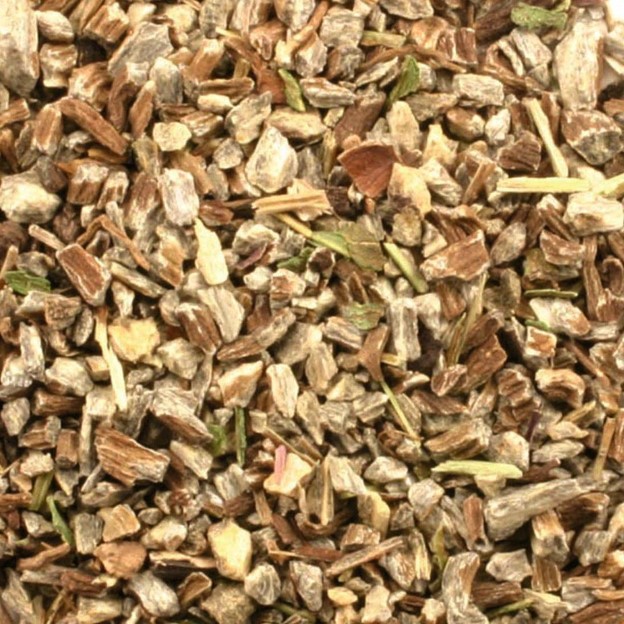Fascinating research about echinacea benefits regarding brain cancer has been published by the National Institutes of Health (NIH). Researchers state that the “medicinal value of phytochemicals contained in Echinacea is clearly evident and indicates that these agents, as well as phytochemicals not yet discovered in other herbs, may be valuable tools to combat tumors.”
The use of echinacea as another alternative cancer treatment is now being recommended, literally, “alongside — or indeed in place of — conventional therapy,” according to researchers.
Boosts the Immune System
How does echinacea help with treating the common cold? Published in the journal Lancet Infectious Diseases, the University of Connecticut performed a meta-analysis study that evaluated the effects of echinacea using 14 studies.
It was determined that:
- Echinacea can reduce the chances of catching a common cold by 58 percent.
- Echinacea reduces the duration of the common cold by almost 1.5 days.
Craig Coleman, assistant professor of pharmacy practice and lead author of the study, added that, “The take home message from our study is that echinacea does indeed have powerful cold prevention and cold treatment benefits.”
This is exactly why echinacea products are one of several effective remedies for preventing and treating colds.
Dr. Coleman found that “the significance of that finding becomes clear when you consider that Americans suffer from one billion colds annually and spend about $1.5 billion annually for doctor’s visits and another $2 billion annually on non-prescription cough and cold treatments.”
The United States Department of Agriculture Natural Resources Conservation Service reports that the immune system seems to be strongly influenced by the level of the echinacea dose. It appears that 10 milligrams of echinacea per one kilogram of body weight, taken daily over a 10-day period, is effective as an immunity stimulant.
In addition, the medical journal Hindawi published material suggesting that echinacea stops viral colds. However, the most significant results of echinacea benefits were the effects when used on recurring infections.
To date, research shows that the plant probably reduces cold symptoms, but it seems that the effects of echinacea are more powerful once cold symptoms start.
Another study, this one published in Virus Research, evaluated the effects of echinacea against viral and secondary bacterial infections that often follow. Plant extracts were able to fight viral respiratory infections, including the flu, while also reducing inflammation and lowering the risk of developing bacterial complications.
Therefore, you can see from several controlled trials why echinacea products are used for viral illnesses, such as the common cold and flu, particularly extracts. They are a favorite recommendation for integrative physicians, homeopaths, naturopaths and more for their patients.
Recent research suggests that Echinacea purpurea and angustifolia activate the endocannabinoid system, enhancing its pain-relieving effects. In in vitro and vivo studies, the herb has proven to reduce inflammatory pain, such as arthritis and burns.
Some common ways to use echinacea products to combat pain are to drink herbal echinacea tea or make a paste out of the dried herb and rub it directly on the area that is affected.
Functions as a Laxative
Like many herbs, echinacea is particularly healing for the stomach and entire gastrointestinal tract. According to Medical Herbalism, for example, it has been shown to work as a mild laxative that provides constipation relief and works as a calming agent.
Drinking the herbal tea is especially effective to help with this. For more chronic conditions, a cup of tea every day can help loosen the bowels — whereas two to three cups per day can help with sudden bouts.
However, to reduce the risk of side effects, be sure not to overuse this herb. To be safe, be sure to limit your tea to two cups a day, max, and take supplements as directed on their labels.
Acts as Anti-Inflammatory Agent
Inflammation is at the root of most diseases. Various factors — including stress, toxins in our food and poor sleep — all contribute.
Thankfully, as explained by the University of British Columbia, regular echinacea consumption can effectively reverse and alleviate various types of inflammation.
Products containing echinacea may even help with uveitis, or eye inflammation. It’s a good idea for people who struggle with chronic inflammatory conditions, like rheumatoid arthritis, to regularly consume the herbal tea in order to reduce system-wide inflammation.
Helps Treat Skin Problems
Echinacea benefits the skin as well, including improving skin hydration and reducing wrinkles. Research shows that using skin products containing the plant’s extracts may help to boost skin health. Plus, it shows no side effects, like skin irritation.
Helps Improve Mental Health
Echinacea angustifolia is the recommended species to help with specific ailments related to ADD/ADHD.
In a survey of herbal use in children with ADHD disorder or depression, echinacea was among the most common herbal medicines given for behavioral symptoms. Eighty-three percent of caregivers said they gave herbal medicines alone, whereas 13 percent gave herbal medicines with prescription drugs with the supervision of a health care professional.
Relieves Upper Respiratory Issues
Because of its immune-boosting and anti-inflammatory effects, research indicates that this herb may work to improve the following upper respiratory symptoms:
- Acute sinusitis
- All flus
- Asthma
- Common cold
- Croup
- Diphtheria
- Inflammation
- Strep throat
- Tuberculosis
- Whooping cough
In fact, in a clinical study of asthma sufferers, echinacea acted similarly to classic synthetic drugs in treating asthma. Researchers wrote, “Recent studies have shown that secretion of asthma-related cytokines in the bronchial epithelial cells can be reversed by Echinacea preparations.”
In particular, echinacea showed significant broncho dilatory and anti-inflammatory effects. Study authors concluded that this “provide(s) a scientific basis for the application of this herb in traditional medicine as a supplementary treatment of allergic disorders of the airways, such as asthma.”
Fights Infection
Echinacea is also a fantastic remedy for a whole slew of infections. One study found that taking echinacea and applying a medicated cream to the skin can lower the rate of reoccurring vaginal infections by to 16 percent compared to simply taking the medicine alone.



